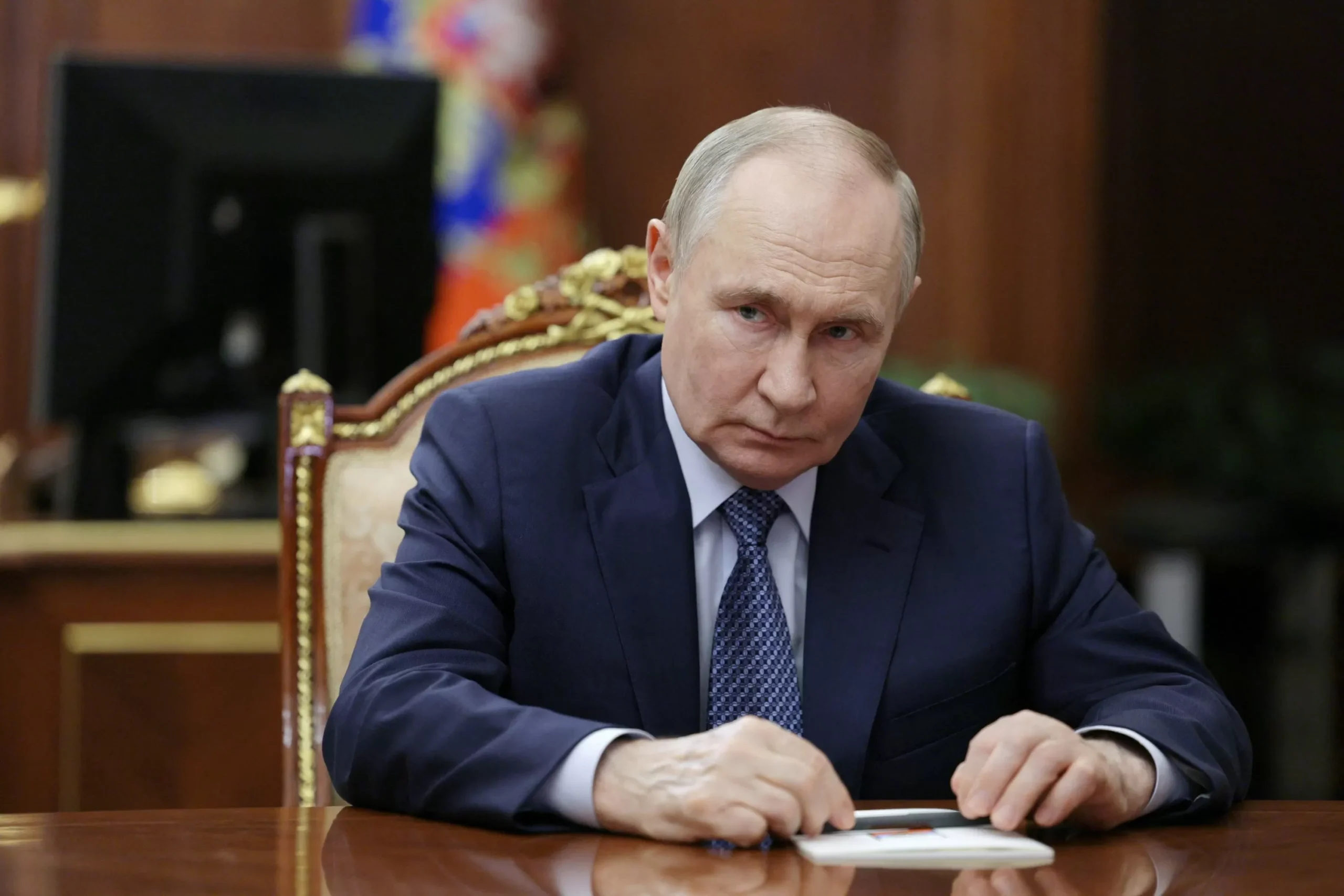Russia has announced a major policy change, declaring that it will no longer adhere to its self-imposed ban on deploying nuclear-capable intermediate-range missiles. The decision, which was announced on Monday, has raised concerns and sparked fears of a potential arms race as tensions with the United States continue to escalate.
This policy reversal by Russia comes as a response to the United States’ withdrawal from the Intermediate-Range Nuclear Forces (INF) Treaty earlier this year. The treaty, which was signed in 1987, banned the use of land-based missiles with a range between 500 to 5,500 kilometers. The US cited Russia’s violation of the treaty as its reason for withdrawal, a claim that has been vehemently denied by Moscow.
In a statement released by the Russian Foreign Ministry, the country expressed its regret over the US’ decision to withdraw from the INF Treaty and pointed out that it has been trying to save the treaty through diplomatic channels. However, with the US showing no signs of reconsideration, Russia has made the difficult but necessary decision to revoke its previous commitment to the treaty.
This move has been met with concern from the international community, with many fearing a renewed arms race between the two nuclear superpowers. The INF Treaty was a crucial element in maintaining global stability and reducing the risk of nuclear war. Its abandonment by both the US and Russia has the potential to spark a dangerous and costly race for nuclear supremacy.
The decision by Russia to abandon the INF Treaty also has implications for European security. The treaty had banned the deployment of intermediate-range missiles in Europe, making the region a safer place. With both the US and Russia now free to deploy these missiles, European nations are understandably worried about the increased threat to their security.
However, Russia has assured the international community that it has no intention of using these missiles to target Europe or any other country, unless prompted by aggressive actions from the US. Moscow has also stated that its decision to deploy these missiles is not a cause for concern as it has the right to protect its own security interests.
It is important to note that Russia’s move is a direct response to the US’ decision to withdraw from the INF Treaty. Moscow has repeatedly stated that it is willing to engage in dialogue with Washington to find a solution that would benefit both sides. However, the US has shown no interest in these talks and has instead chosen to escalate tensions by withdrawing from the treaty and deploying missile defense systems in Europe.
In light of this, Russia’s decision to abandon the self-imposed ban on deploying intermediate-range missiles is not an act of aggression, but rather a defensive measure to protect its security interests. The country has the right to defend itself and its people, especially when faced with hostile actions from its counterparts.
Moreover, Russia’s decision should also serve as a wakeup call for the international community to take concrete steps towards arms control and disarmament, rather than escalating tensions through hostile actions. The world cannot afford another arms race, especially one involving nuclear weapons. It is imperative for all nations to come together and find solutions to reduce the threat of nuclear war.
In conclusion, Russia’s announcement to abandon its self-imposed ban on deploying nuclear-capable intermediate-range missiles is a direct result of the US’ withdrawal from the INF Treaty. While this decision has raised concerns and fears of a potential arms race, it is important to understand that Russia is not an aggressor, but rather a country defending its security interests. This development should serve as a reminder to the international community to work towards arms control and disarmament for the sake of global peace and stability.





![Complete BritRail Pass Guide [Types, How to Use It, Pros + Cons]](https://inside-news.uk/wp-content/uploads/2025/06/00221EB4-BCA2-4DBB-6CD4-83DBC37D71FA-120x86.webp)












